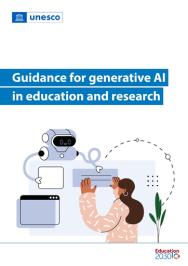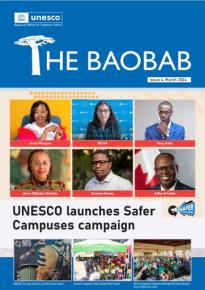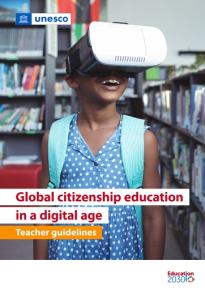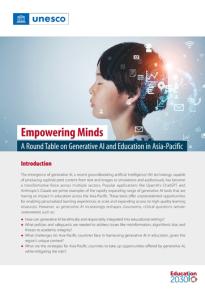Publication
Guidance for generative AI in education and research

Towards a human-centered approach to the use of generative AI
Publicly available generative AI (GenAI) tools are rapidly emerging, and the release of iterative versions is outpacing the adaptation of national regulatory frameworks. The absence of national regulations on GenAI in most countries leaves the data privacy of users unprotected and educational institutions largely unprepared to validate the tools.
Based on a humanistic vision, the Guidance proposes key steps to the regulation of GenAI tool, including mandating the protection of data privacy, and setting an age limit for the independent conversations with GenAI platforms. To guide the proper use of the tools in education and research, this Guidance proposes a human-agent and age-appropriate approach to the ethical validation and pedagogical design processes.

The Guidance
- looks into what GenAI is and how it works, presenting the diverse technologies and models available
- identifIes a range of controversial ethical and policy issues around both AI in general, and GenAI specifically
- discusses the steps and key elements to be examined when seeking to regulate GenAI based on a human-centred approach – one that ensures
ethical, safe, equitable and meaningful use - proposes measures that can be taken to develop coherent, comprehensive policy frameworks to regulate the use of GenAI in education and research
- looks into the possibilities for creatively using GenAI in curriculum design, teaching, learning and research activities
- explores long-term implications of GenAI for education and research









Social media pack